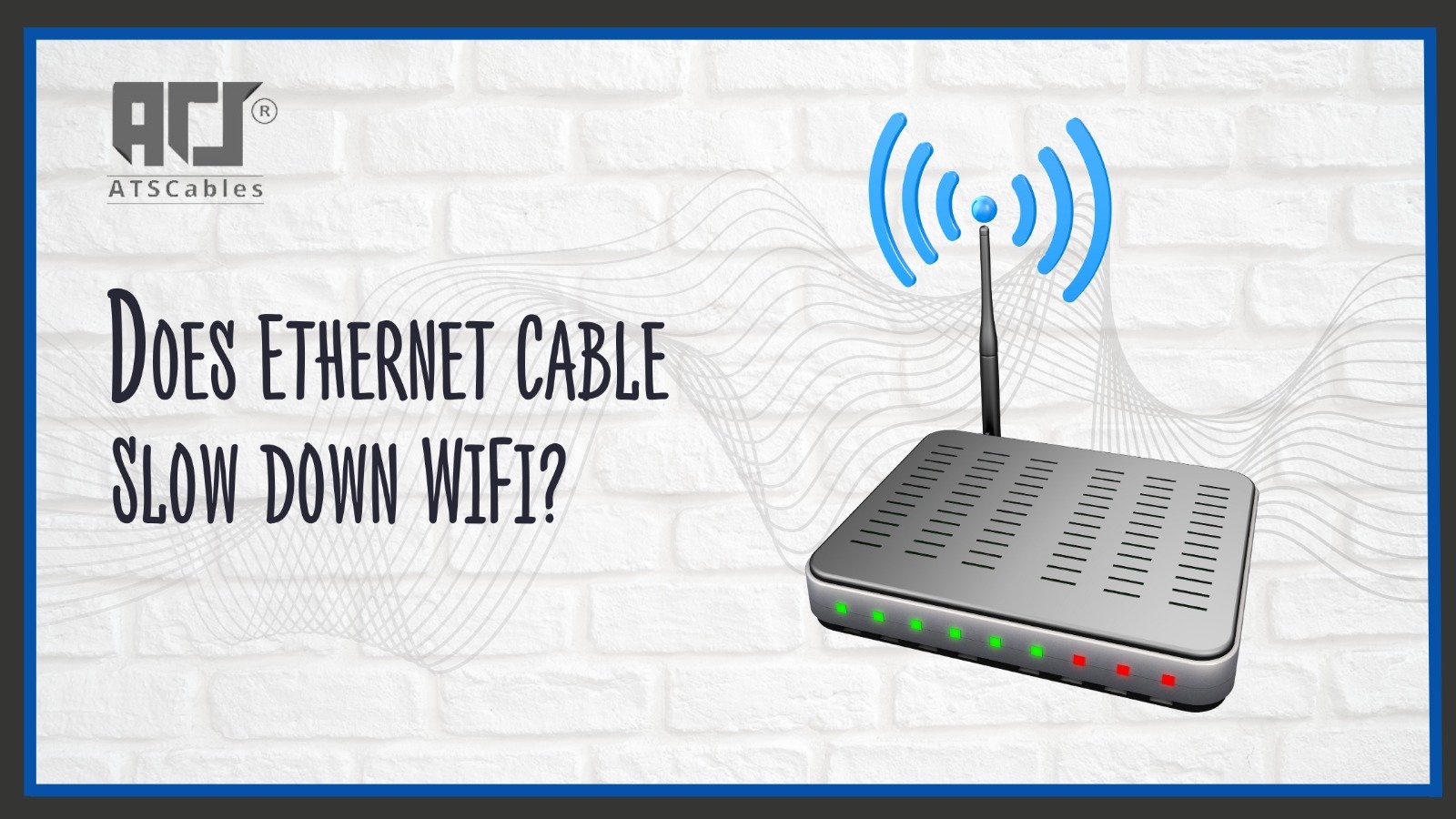
How Ethernet and WiFi Work?
Ever wondered how your devices connect to the internet? Your connection relies on WiFi and Ethernet when you’re streaming movies, working online, or playing games. One works wirelessly; the other requires a cable.
Both have strengths and weaknesses and choosing the right one depends on what you’re doing. Let’s break it down so you understand how these technologies work, how they affect your speed, and whether using them together makes a difference.
Understanding WiFi
WiFi sends internet signals through the air using radio waves. Your router broadcasts these signals, and your devices pick them up. But just because it’s convenient doesn’t mean it’s always the best option. Key things to understand here are:
- Interference is a problem as walls, microwaves, and even other networks can mess with WiFi signals.
- Distance weakens signals as the farther you are from the router, the weaker your connection gets.
- Multiple users slow things down so If everyone in the house is online, WiFi can struggle.
- Speed depends on your hardware and that is why a slow router or an outdated WiFi card can hold you back.
Some people wonder, “does being connected to WiFi and Ethernet affect internet speed?” The short answer: It depends. Using both can improve stability, but it won’t magically double your speed.
How Ethernet Works
Unlike WiFi, Ethernet requires a physical connection between your device and the router using an ethernet connector cable. It’s a wired option that avoids the problems WiFi faces. Here are key things about ethernet:
- No interference as physical cables don’t get disrupted like WiFi signals.
- Faster and more stable with ethernet as it is almost always more reliable than WiFi.
- Better for gaming and streaming if you need low latency.
- Not limited by signal range as long as the cable is long enough, distance isn’t an issue.
A lot of people ask, “is the internet faster when you plug in Ethernet vs WiFi?” In most cases, yes. Wired connections are typically faster and don’t suffer from drops in signal strength.
Can You Use WiFi and Ethernet Together?
Some people think using WiFi and Ethernet at the same time will double their speed. That’s not how it works, but there are some benefits.
- More stability as if your WiFi cuts out, ethernet keeps you connected.
- Load balancing with some systems can switch between connections based on speed.
- If one fails, the other can take over.
However, issues can arise. “Ethernet keeps switching to WiFi” is a common complaint. This happens when a device prioritizes WiFi over Ethernet. You can usually fix this in your settings by forcing your computer to use Ethernet first.
Does Ethernet Affect WiFi?
The question of whether an Ethernet cable affects the speed of WiFi for other users remains a major concern. Generally, no. A wired device using a lot of data will deplete available bandwidth under plans with low bandwidth limits although it does not affect WiFi performance itself.
The main cause of slow home WiFi becomes apparent when one device consumes every bit of available bandwidth. To resolve slowness with WiFi while Ethernet works normally, you should check your router settings, which identify how much data each device consumes.
When to Use Ethernet Instead of WiFi
Certain situations call for a wired connection. Here’s when you should grab an ethernet cable for your router instead of relying on WiFi:
- Gaming: Lower latency means smoother gameplay.
- Streaming in 4K: A stable connection prevents buffering.
- Video calls: No one likes laggy Zoom meetings.
- Large file downloads: Faster speeds mean less waiting.
If you’re asking, “does an Ethernet cable speed up WiFi?”—not directly. But it can reduce congestion on your WiFi network, making things faster for other users.
Common Myths About WiFi and Ethernet
There’s a lot of misinformation floating around about wired vs wireless connections. Let’s clear up a few myths:
- “Can I use an Ethernet cable to extend my WiFi?” No, but you can use it to connect a WiFi extender.
- “Does using Ethernet slow down WiFi?” Only if your internet plan has a low data cap.
- “Does your WiFi card control your wired connection speed?” No, your Ethernet adapter handles that.
- “Why is my wired connection slower than WiFi?” Faulty cables, bad ports, or outdated hardware could be the problem.
- “Ethernet vs wireless—which is better?” Ethernet wins for speed and reliability; WiFi wins for convenience.
Conclusion
WiFi and Ethernet both have their place. If you need reliability, Ethernet is the way to go. If convenience matters more, WiFi works fine. Just remember, using both at once won’t make your internet faster, but it can make your connection more stable.
Looking for high-quality Ethernet cables nearby? Check out ATS Cables for the best options to keep your network running smoothly!
FAQs
Can I use WiFi and Ethernet at the same time?
Yes, but it won’t increase your speed. It might improve stability if one connection fails.
Does Ethernet affect WiFi?
Not directly, but if your wired device is using a lot of bandwidth, it could slow down WiFi for others.
What does an Ethernet cable do?
It physically connects your device to a router, providing a faster and more stable internet connection than WiFi.
Why is my WiFi faster than Ethernet?
A bad cable, slow Ethernet adapter, or router settings could be the cause.
How much is an Ethernet cable?
Prices vary, but they’re usually affordable. High-quality cables cost more but last longer and provide better speeds.
keep connected
Get updates by subscribe our weekly newsletter

